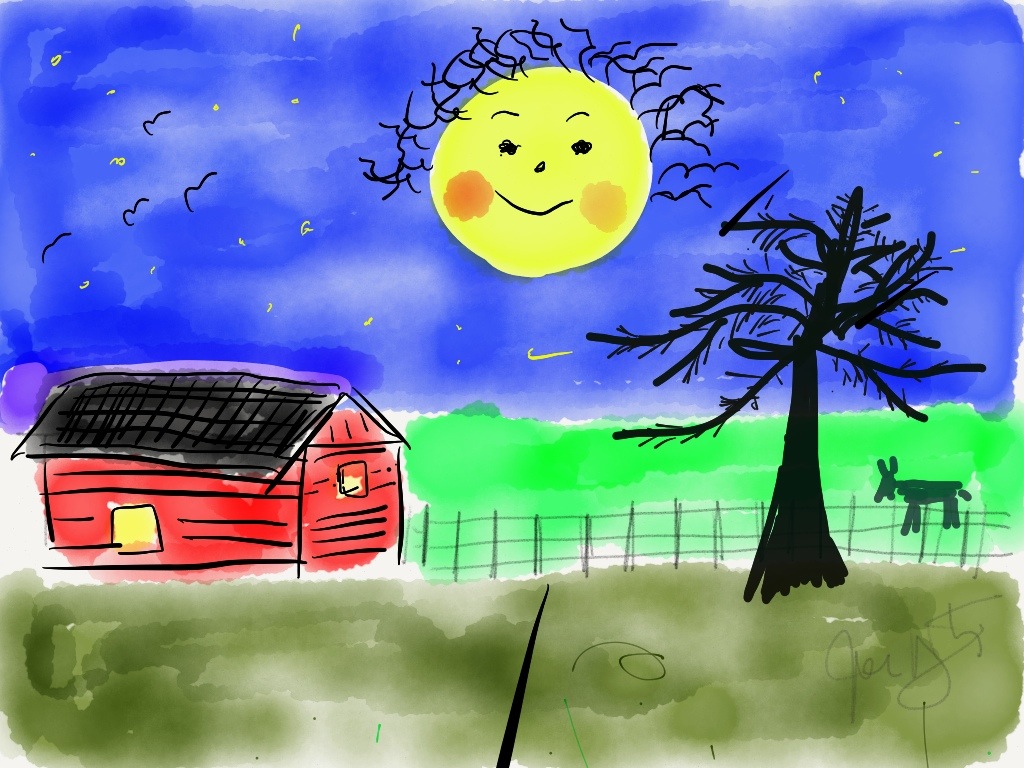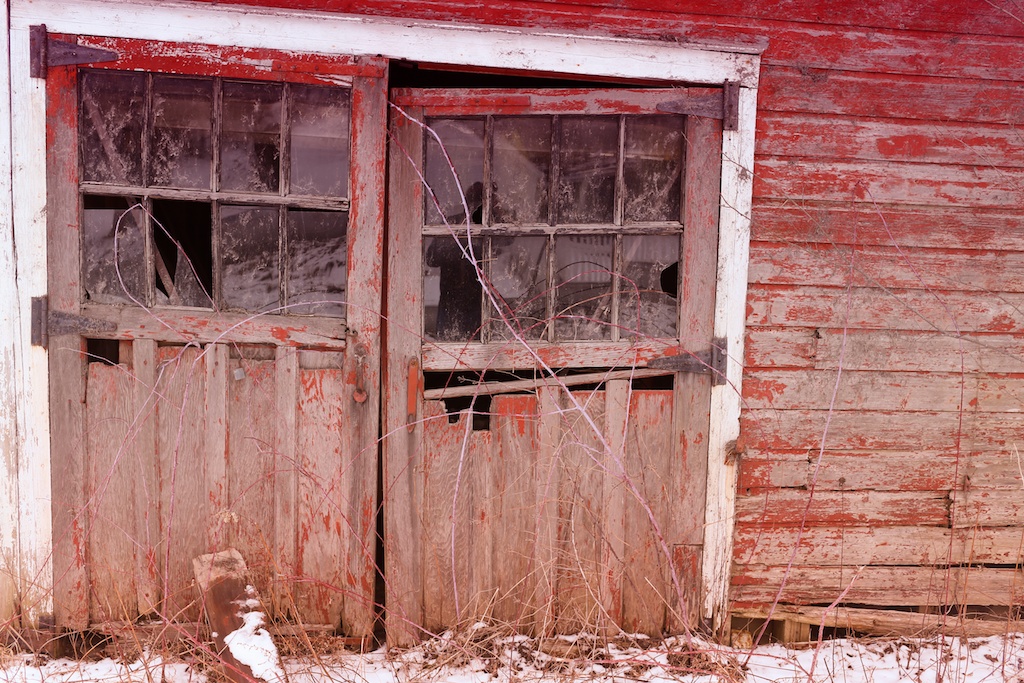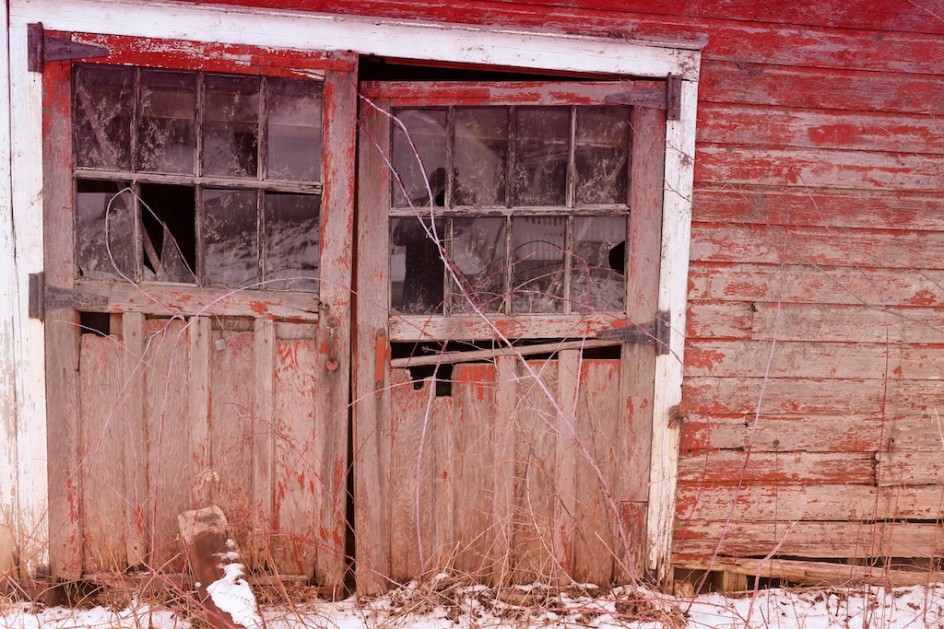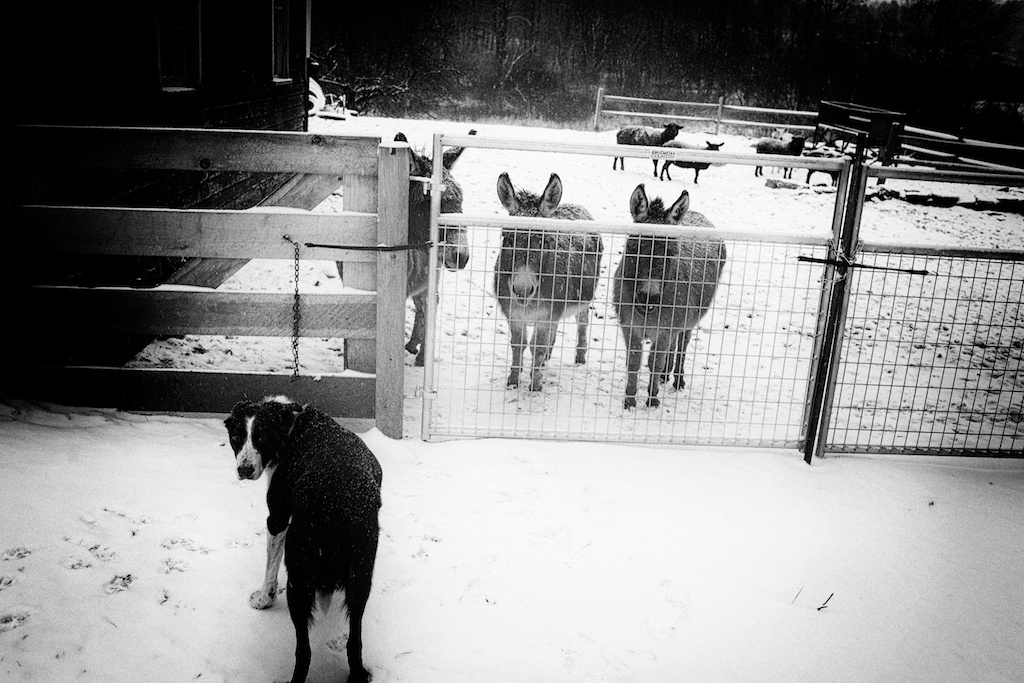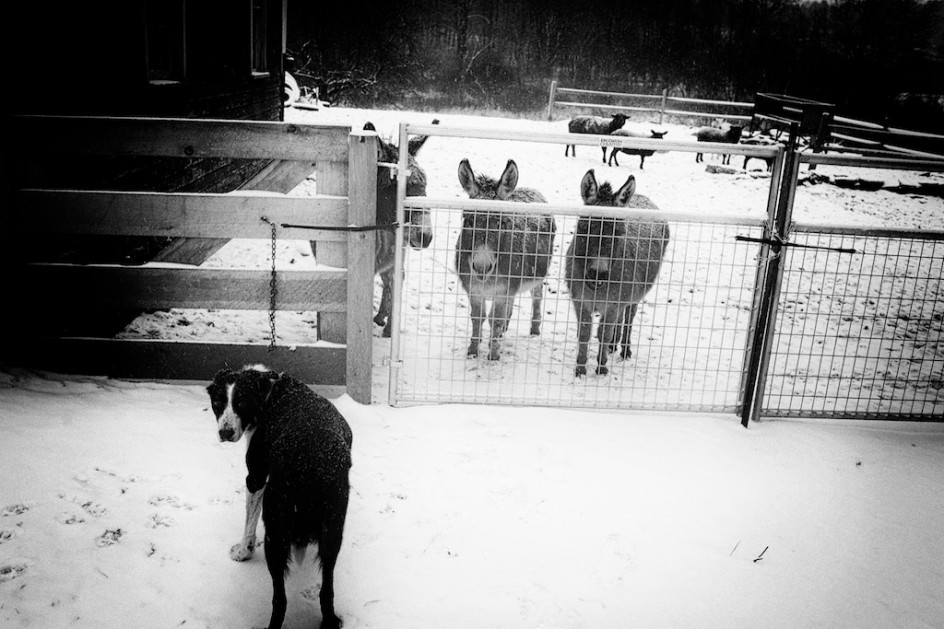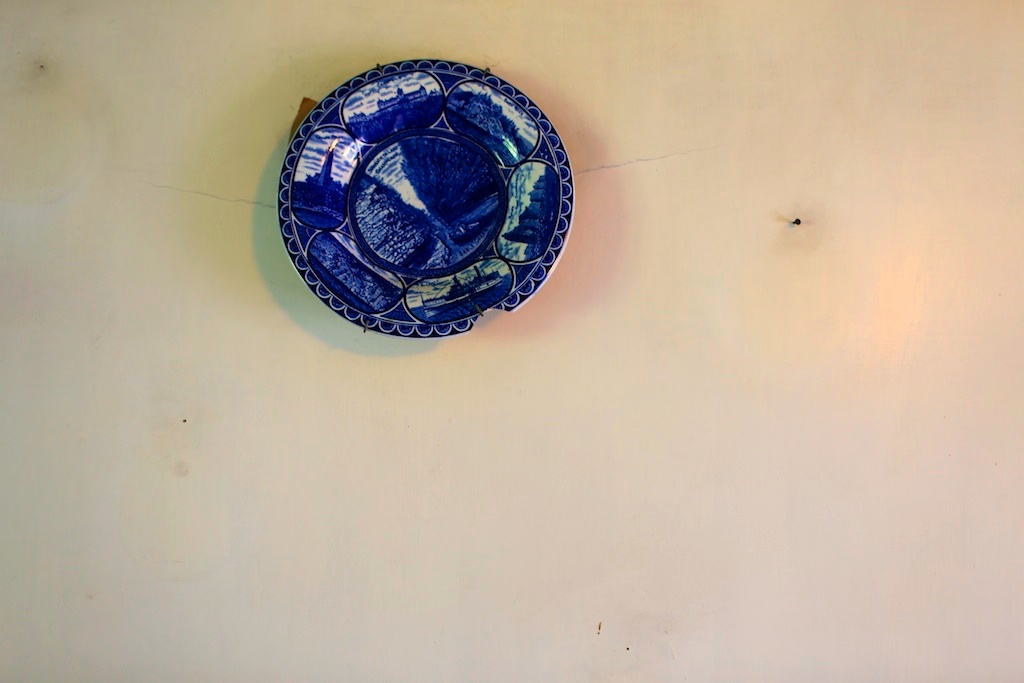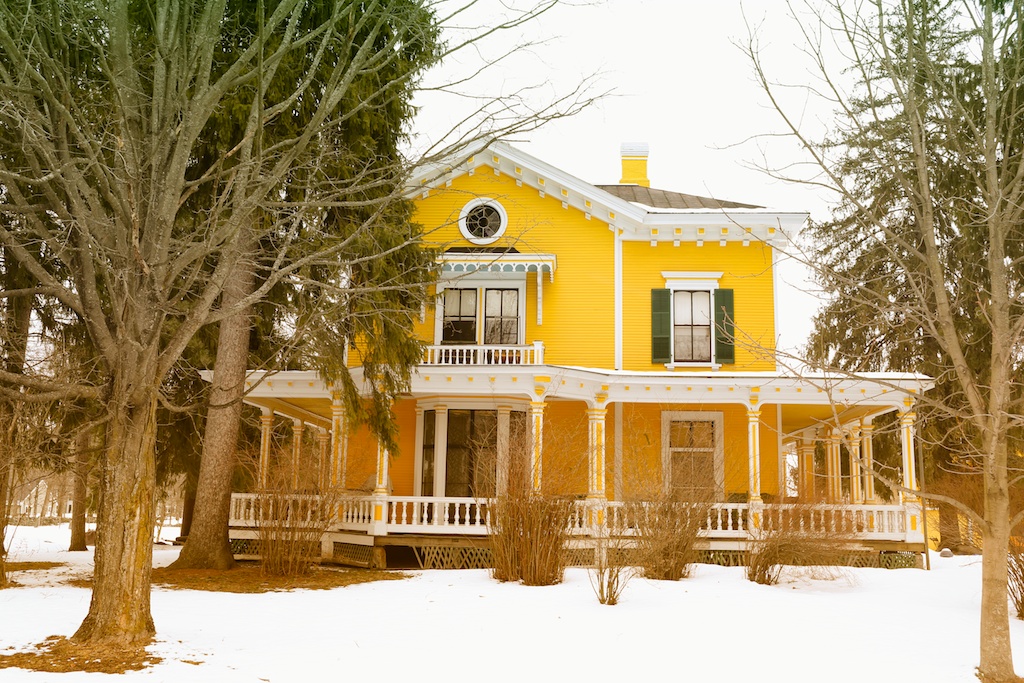New Bedlam Farm. Using Paper Art app. Just trying out colors.
Day: March 4, 2013
Doors And Windows
Ready For Work
A Fully Lived Life: The Journals Of Florence Qua Walrath, Vol. 2. Bob The Dog
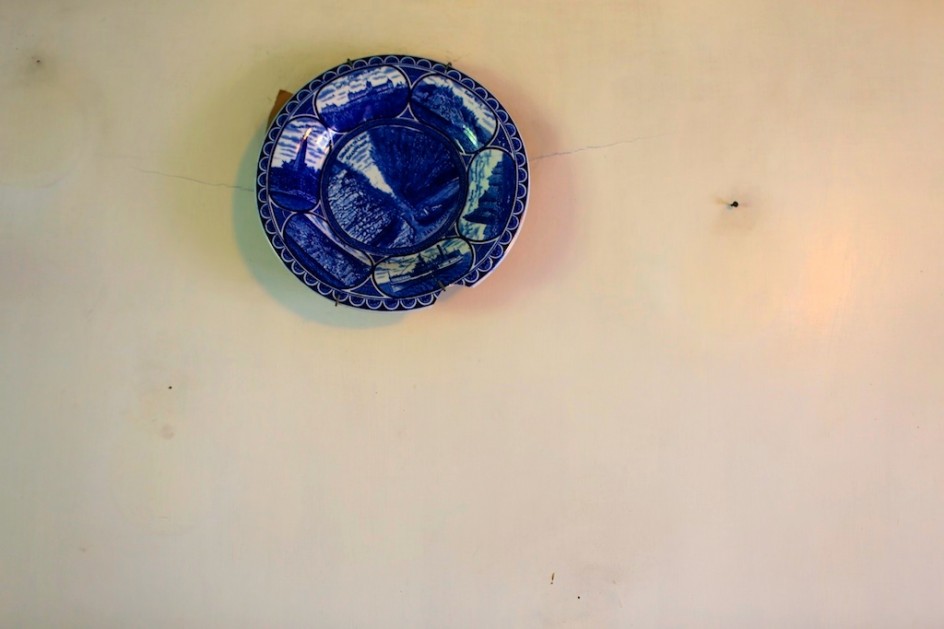
This is the second installment of excerpts from Florence Walrath’s Journals. The first was published earlier this week.
I am surprised by Florence Walrath’s journals. Her writing is very clear and spare. She accepts the many accidents, tragedies and hard realities without complaint or much emotion. Her life was difficult filled with hard work, adventure, loss and tragedy. But she always loved her horses, always looked for ways of having fun, often at great risk and with considerable injury. She grew up in a different world and learned early in life that work was her life’s purpose, her mission. She cared for her parents, grandparents, siblings, aunts and uncles and took in more than 40 foster children, many of whom she remained close to throughout her life. She rode, danced, learned to water ski at age 60, swam in the lake until she was 100, had more near death experiences that even she could recount. Her life was as fully lived as I can imagine. I see why she was so admired and remembered. I am careful to use her precise words, added some transitions and explanations in parentheses.
At the beginning of her journals, she talks about Bob the dog, who sounds like a border collie to me. “Dad managed to have a small herd of cattle and many horses. The only thing I remembered later was our black and white shepherd dog, Bob, which we had for years. He was a remarkable, well-trained dog.”
Dad’s story told us about bringing the young cattle the twelve miles…The trip (was) through the village of Salem, over the railroad tracks, cattle scattering, being afraid. Dad’s order to Bob was take them across and he did. During the twelve miles, not once did Dad get out of the wagon. He just instructed Bob to watch out for that gateway, or don’t let them in that driveway or turns. Bob liked his new home and soon learned the boundary of the farm. He would go with Dad when he went to Shushan but only as far as our land and without a word, turn back. He would, on command go to the field and bring the cows and leave the horses or bring the horses and leave the cows. Gates were always left open. Bob watched over all. Many tears were shed when one morning we found Bob had been hit by one of those darn cars, we called them then.”
In this chapter, Florence recounts the gypsy horse traders who came through every year leading horse trains to haggle with her father, and Italian workers who boarded in her home and came to put in the first blacktop on Route 22 (where our farmhouse is). “While working in front of the house one day, Dad took a woodchuck he had shot. When he tossed it down, there was a knife fight to see who would get it. The boss was there and stopped it. Needless to say we never tried giving them anything again.”
Next: How Florence’s mother managed to feed the family and try to keep them alive and out of danger.
Yellow House, Chester, Vermont
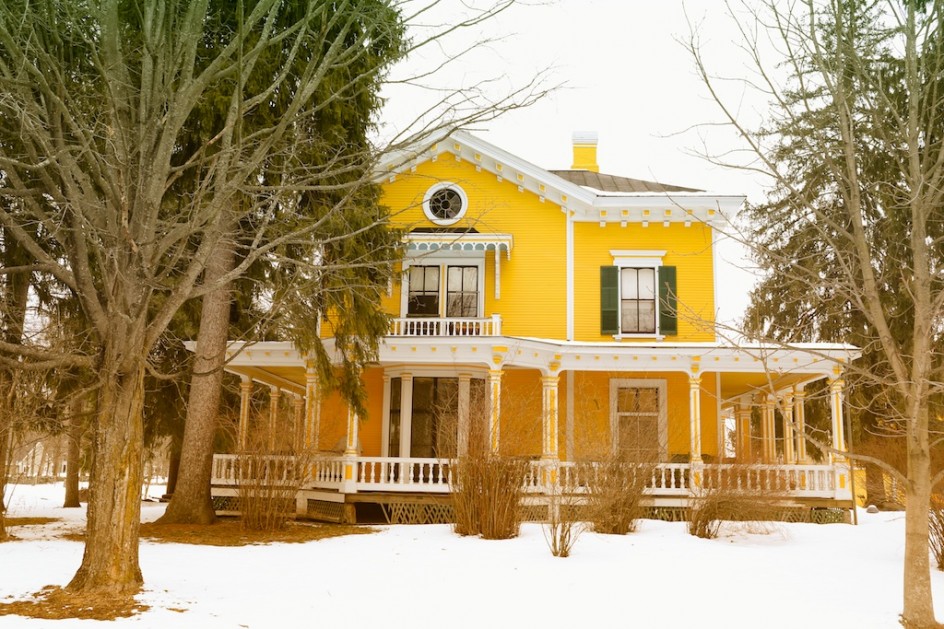
The three-day getaway shrank to a one-day get away, but it was a great getaway. Reading, talking, walking, a beautiful dinner at a beautiful old inn, the place we went on our honeymoon. One of these days we’ll get a real vacation, maybe next year, but small vacations are sweet. We feel refreshed, recharged. I did not miss the farm, I loved having no chores, no dogs to walk, sleeping late. I’m going to review “Little Known Fact” by Christine Sneed tonight, and also excerpting another story from Florence Walrath’s wonderful journal. Tomorrow, plunging back into my Simon book, somewhere in there beginning to select photos for my photo e-book, “Love And Light From Bedlam Farm.” Dogs, donkeys, herding, sunrises, sunsets, landscapes, barns and more.
Glad to have gone. Glad to be back. Our day-away was cloudy, snowy and cold but this beautiful old house in Chester, Vt. brightened the day. Had to pull over and take a photo.

